Description
Introduction of EMT Solid Cast Pigs
The EMT solid cast pigs offer several advantages over traditional steel pigs, making them the first choice for product removal, cleaning and testing processes. In this article, we will delve into the characteristics, applications, types, functions, and extreme service considerations of solid cast pigs, highlighting their benefits and versatility.
Features and Specifications of Solid Cast Pigs
EMT solid cast pig uses advanced materials such as cast polyurethane to ensure durability and wear resistance. These pigs are available in a variety of sizes and configurations to accommodate different pipe sizes and requirements. With its long service life, solid cast pigs can extend service life, reduce downtime and maintenance costs. In addition, they are designed to achieve optimal performance in a variety of pipeline conditions, including bends, obstacles, or diameter variations. This makes them a universal solution to many pipeline challenges. In addition, its robust construction improves its effectiveness in regular cleaning operations, thus ensuring the continuous efficiency of the piping system. Ultimately, their contribution to maintaining pipeline integrity and operational efficiency cannot be underestimated.
Applications of Solid Cast Pigs
1. Product removal: Solid cast pigs perform well in effectively removing residual products. Its robust construction and sealing capabilities ensure reliable and consistent performance, maximizing productivity.
2. Hydrostatic testing: These pigs play a vital role in hydrostatic testing, helping to assess the integrity of the pipeline. They produce a tight seal that ensures accurate pressure testing and minimizes the risk of leakage or failure.
3. Remove paraffin and debris: Solid casting pig effectively solves the problem of paraffin and debris accumulation, prevents flow restrictions, and improves pipeline efficiency. Its flexible design enables it to traverse complex pipe configurations, providing thorough cleaning.
4. Cleaning applications: Solid cast pigs equipped with compatible brushes provide superior cleaning capabilities. From sediment and scale removal to contaminant removal, these pigs ensure optimal cleanliness and improve overall system performance.
Types of Solid Cast Pigs
1. Cup-Type: Cup-type pigs are designed with a cup-shaped sealing element, providing excellent sealing capabilities and enhanced product removal efficiency. These pigs are suitable for applications where tight sealing is crucial.
2. Disc-Type: Disc-type pigs feature a flat disc sealing element, enabling them to pass through tight bends and varying pipeline conditions with ease. These pigs excel in batching operations and are highly versatile.
3. Cup & Disc Type: Combining the advantages of cup and disc pigs, cup & disc type pigs offer optimal sealing and cleaning efficiency. Their versatile design allows them to handle a wide range of pipeline conditions.
Functionality and Options
Solid cast pigs offer superior sealing capabilities, ensuring minimal product loss during pigging operations. Their flexibility enables compatibility with brushes, facilitating thorough cleaning. These pigs are lightweight, reducing friction and enabling efficient runs, saving time and resources. Additionally, various options such as different durometers, core types, and accessories provide customization options to suit specific requirements.
Extreme Service Considerations
Solid cast pig can withstand extreme operating conditions. They can be adapted to high temperatures, H2S gas exposure and harsh chemicals, ensuring reliable performance in demanding environments. This makes them ideal for industries such as oil and gas, where resilience and durability are critical.
Key Advantages
Solid cast pig has several advantages over traditional steel pig.
First, they are constructed with advanced materials such as cast polyurethane, ensuring superior durability and wear resistance.
Second, solid cast pig extends service life and reduces downtime and maintenance costs. They have excellent sealing capability, are compatible with pipes, can be cleaned efficiently, and have a weight advantage for efficient running.
In addition, solid cast pig can be adapted to extreme conditions of use, including high temperatures, H2S gas exposure and harsh chemicals.
These advantages make them the first choice for a variety of industrial applications.
Solid Cast Pigs
Solid cast pigs are made of special polyurethane materials. Known for their rugged durability and versatility, these pigs can handle a variety of applications, including pipe cleaning, batch processing, and maintenance tasks. Solid cast pigs provide a reliable solution for demanding environments.
These tools are characterized by their durability and show impressive resilience even under challenging conditions. Their manufacturing process involves special polyurethane materials that guarantee a robustness unmatched by other devices. This strength makes these tools an excellent choice for a variety of tasks, from routine maintenance and cleaning to more complex operations such as batch processing.
Their versatility is another outstanding quality that makes them adaptable to a variety of applications. As a result, they are widely considered a reliable choice for many industries looking for efficient pipeline management solutions.
The toughness of these tools also extends their useful life, making them a cost-effective option in the long run. They can withstand harsh environments and reduce the need for frequent replacement, thereby reducing operating costs.
Together, these tools offer a unique combination of durability, versatility and cost effectiveness and have become an essential component in many industrial applications. They continue to maintain their reputation for reliability, meeting and often exceeding the requirements of a variety of work environments.
Conclusion
The emergence of innovative technologies has brought substantial changes to industrial processes, and one of the most notable advances has been the introduction of a new tool: the solid cast pig. Compared to traditional steel tools, these tools are transformative and offer significant improvements in efficiency, durability, and versatility.
One of the main advantages of these tools is their ability to improve operational efficiency. They have been carefully designed to provide a high level of efficiency and to simplify a variety of tasks. This efficiency translates into time and cost savings, making them a valuable asset for any industrial process.
In terms of durability, these tools stand out because of their sturdy construction. They can withstand the rigors of industrial use compared to traditional options, ensuring they last longer and are replaced less frequently. This durability also reduces the need for ongoing maintenance, further saving time and resources.
In addition, these tools provide versatility that traditional tools do not. Due to their wide range of applications, including product removal, testing and cleaning, they can be effectively utilized in all aspects of pipeline operation. This adaptability allows the industry to accomplish multiple tasks with a single tool, simplifying processes and reducing the need for multiple dedicated tools.
A variety of types and functions are available, making it possible to choose the perfect tool for any plumbing requirement. Whether it’s a specific size, shape or function, there’s bound to be a tool that fits the bill. This diversity also means that they can be customized to meet the unique needs of each operation, ensuring maximum effectiveness and efficiency.
Finally, these tools show remarkable resilience under extreme conditions of use. They ensure uninterrupted performance regardless of environmental or operational challenges. This reliability is essential to maintain the smooth operation of the pipeline and avoid costly outages.
All in all, choosing these tools for pipeline operations is a wise investment. With their enhanced efficiency, durability, versatility and resiliency, they can significantly improve the effectiveness of industrial processes. They represent a technological leap forward that has the potential to revolutionize pipeline operations.

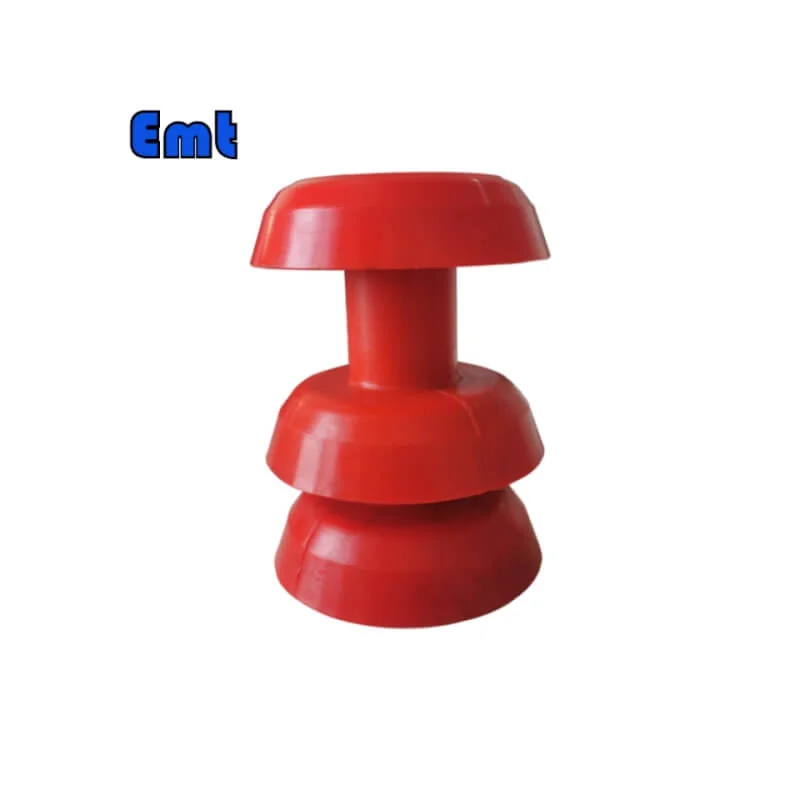
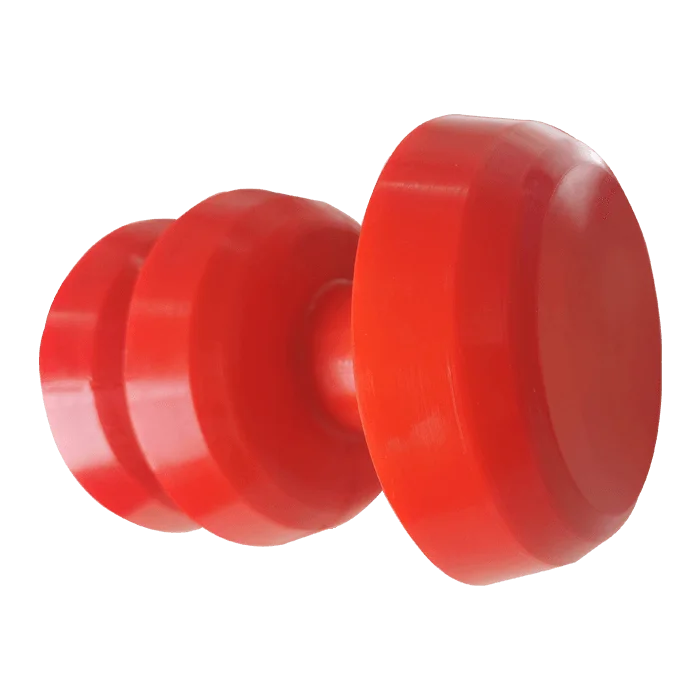
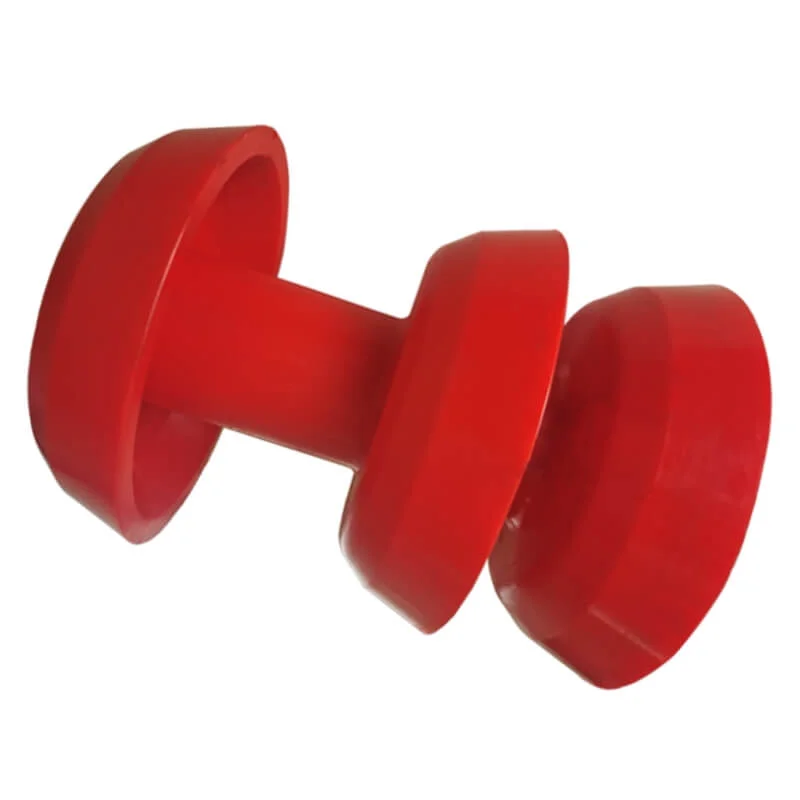
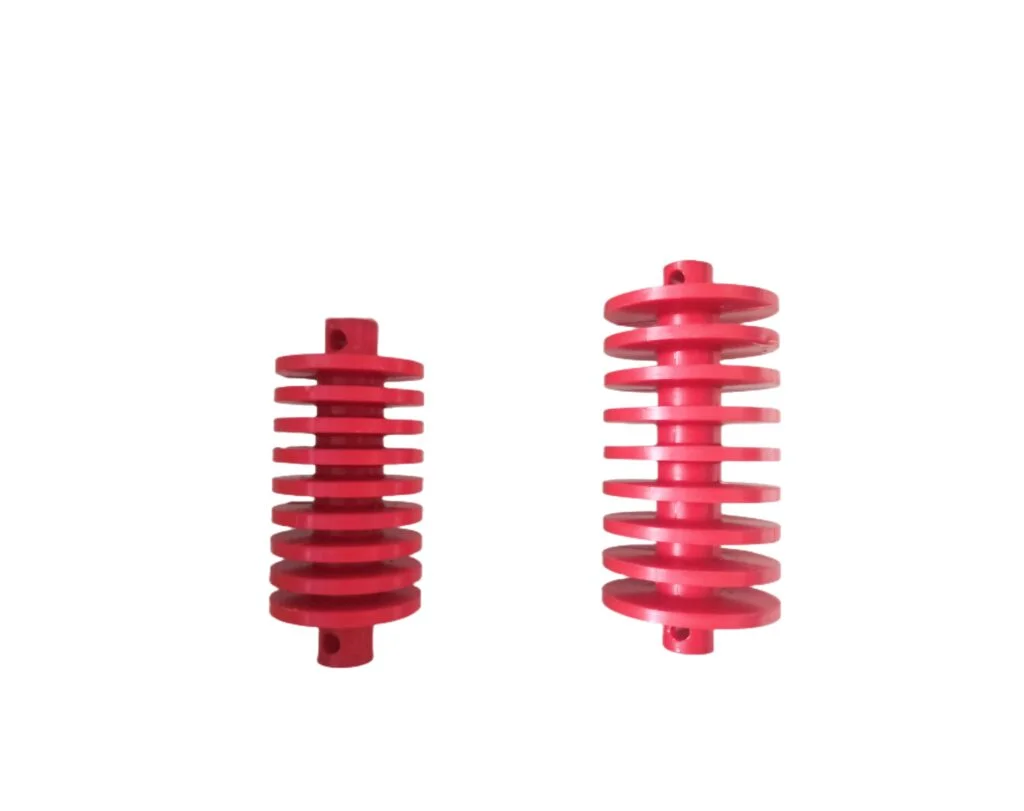
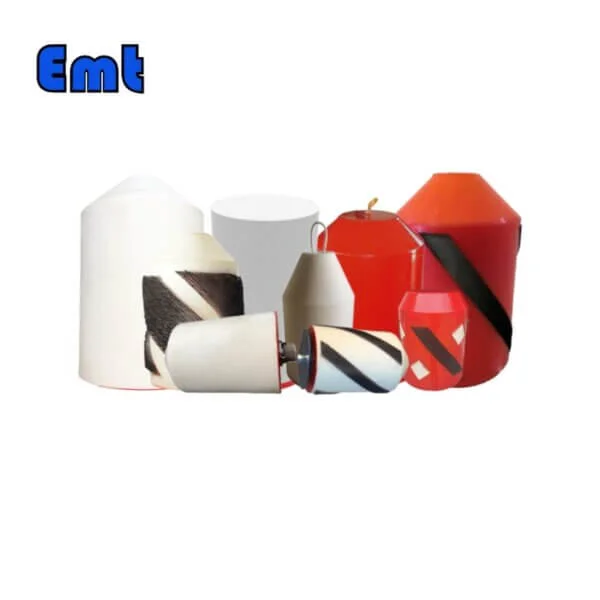
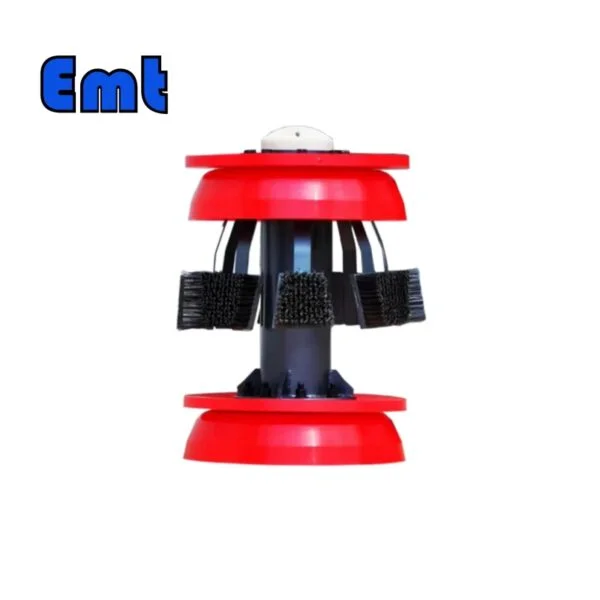

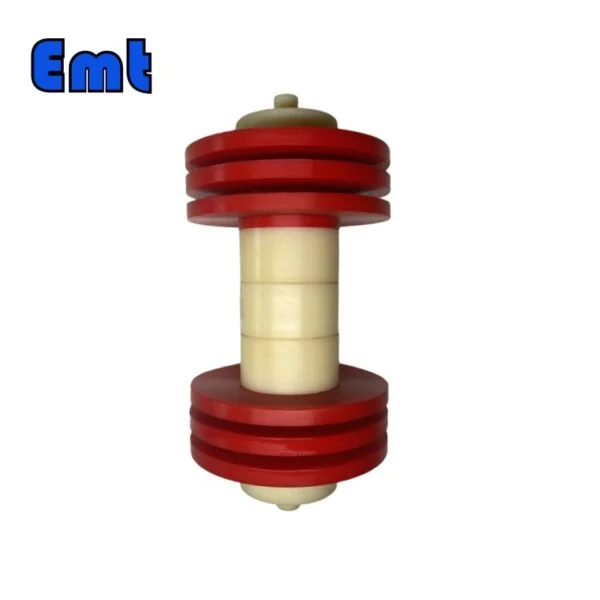
Reviews
There are no reviews yet.